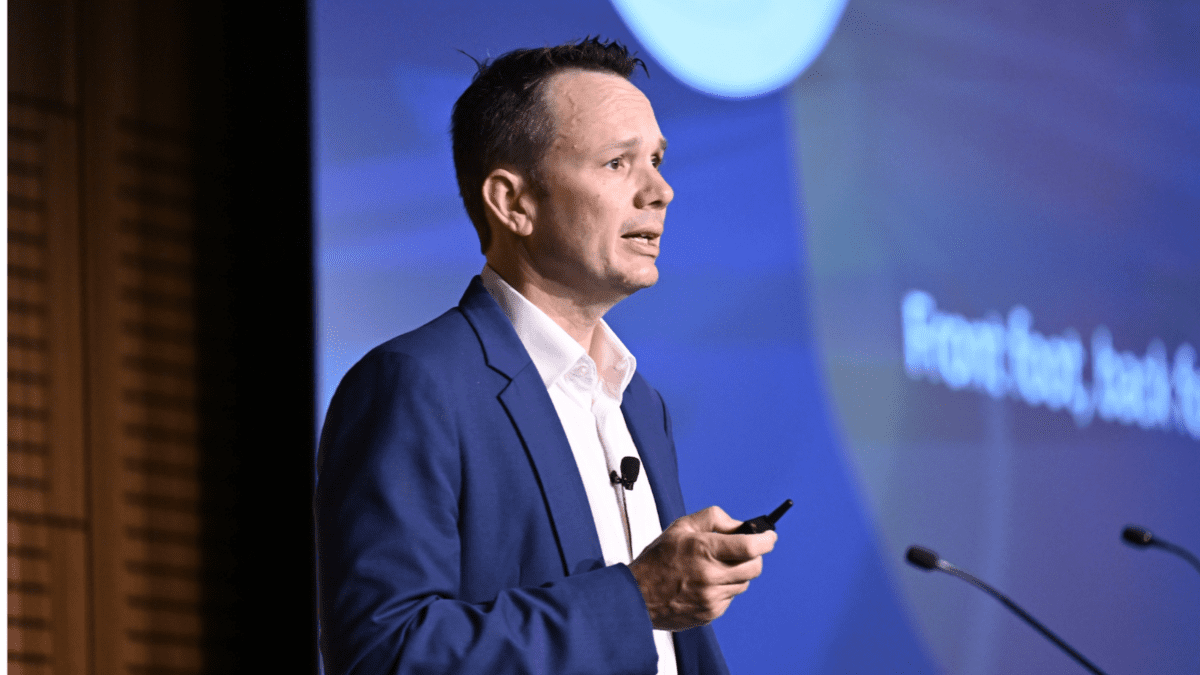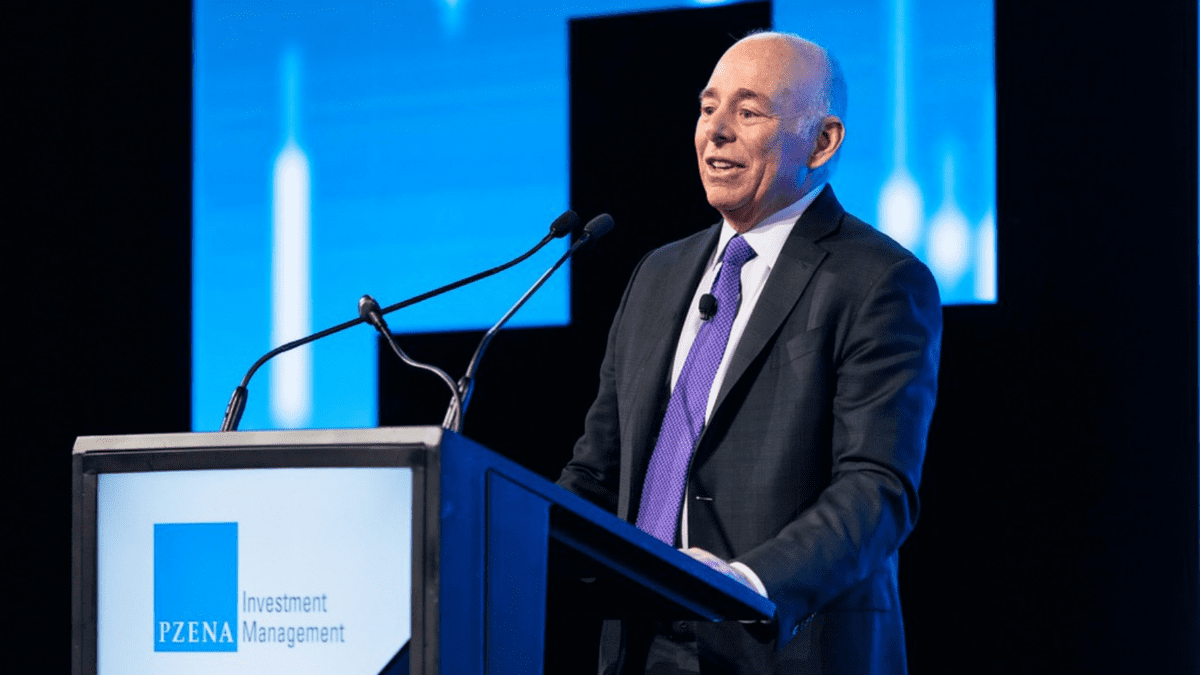Exit strategies for advisers in the new era
The days when baby-boomer advisers stuck around in the industry beyond retirement age have long gone. The industry has shrunk significantly in the last few years, and many advisers are seriously considering exit strategies because of changes to required qualifications and compliance stipulations.
This creates more opportunities for those who remain in the industry, but regardless of age, every business owner needs an exit plan. When do you need to think about and plan your exit strategy?
The ideal time is when you start your business; and this needs adequate preparation across three key areas – your business, your personal finance, and yourself.
Are you building a financial adviser practice or a business?
There are key differences between building a financial adviser practice and building a business. Building a financial adviser practice means you are delivering financial advice and getting paid for serving your clients: this is what most financial advisers do.
Building a business entails building a system, and eventually hiring other financial advisers to deliver advice as well. As the business owner, you may provide less advice or none at all.
For a financial adviser practice, your clients are your biggest assets. The number of clients one adviser can serve is limited, and the value of the business to sell is limited too. You build rapport with your clients over the years and make sure you plan your transition carefully, handing them over to the new owner smoothly.
Conversely, in a financial advice business, your primary role is not giving advice; it is working on the business. You build the systems necessary to support the advisers you hire, to ensure clients are served well. Your business becomes an asset, and the potential is unlimited as the business doesn’t rely on you; it relies on its system. However, this requires many years of hard work and reinvesting most of your profit back into the business to continue to grow it – and success is not guaranteed.
A good rule of thumb here is to build the practice or business you want to build, not what someone else expects you to build, as everyone is different. Hence, you should ask yourself what you enjoy doing. Is it advising clients, or building a business to support others to advise clients?
Can you rely on selling your business to fund your retirement?
Probably not. The Australian government introduced legislation that banned grandfathered commissions from 1 January 2021, and this dramatically diminished the value of many advice businesses. Multipliers have dropped from 4 to as low as 1 or 1.5, depending on the profile of your book and business model.
For younger advisers, if the main clients you serve are pre-retirees or retirees in their 60s, you may encounter problems selling your book after one or two decades. This industry has been undergoing incredible changes and disruption in the last decade and it continues. It creates high levels of uncertainty for financial advisers, so you need a backup plan as your practice or business may be worth less than you think when your time comes to step away.
Small business owners can no longer rely on selling their businesses to fund their retirement. They need to build a separate pool of money for retirement, and as advisers they would know it will take time to build.
After you sell your business, what’s next?
If you want to sell your business and exit from the industry in the near future, you may encounter problems common to many people who leave a career after some time—loss of identity, loss of routine, and lack of purpose. It is important to understand this and be prepared so that you retire to something you enjoy and feel passionate about.
Building a financial planning business or practice requires lots of grit, determination, and relentless pursuit of adaptations in new environments. Hence, financial advisers need to start their exit plan as early as possible, so they can retire with dignity and true wealth one day.











